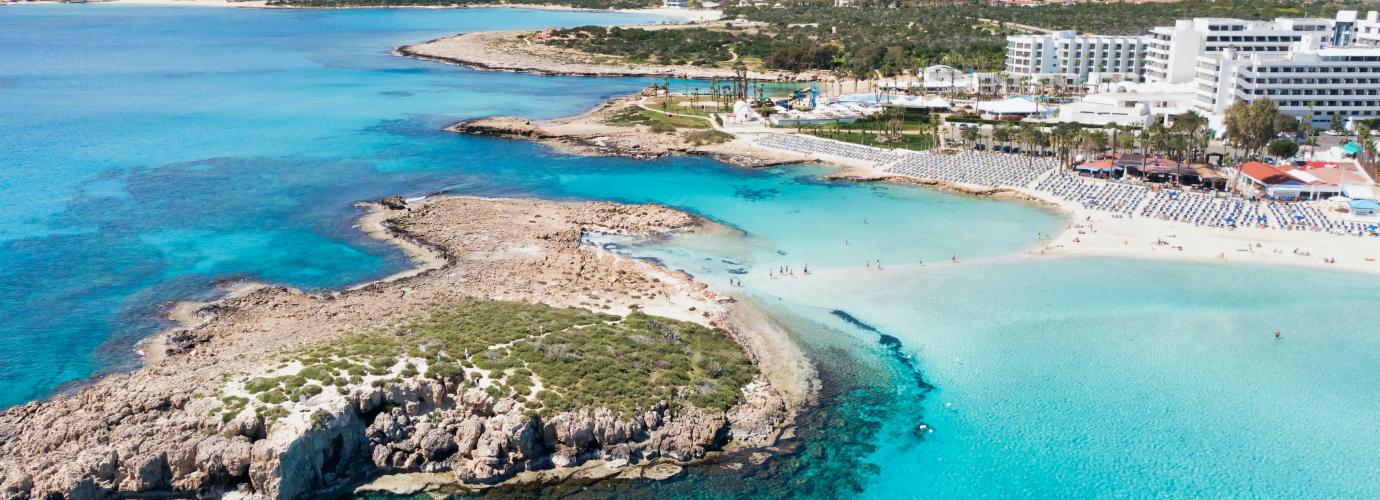Types of institutions
Secondary Technical and Vocational Education (STVE) is open to pupils who have graduated from the Gymnasium and is offered at the Technical Schools (Τεχνικές Σχολές). STVE offers three types of programmes: formal secondary technical and vocational education; apprenticeship scheme; and, lifelong learning. In the framework of this chapter only formal secondary technical and vocational education will be examined.
Formal STVE is offered in two main directions, the theoretical direction and the practical direction, both of which have a duration of three years. The ultimate aim of formal STVE, as outlined in official documents of the Ministry of Education and Culture, is to provide students with sound knowledge and skills, which will prepare them to enter the world of work or continue with further studies at the university or the non-university level of higher education. The subjects offered are classified into six categories:
• common core subjects;
• related subjects;
• elective subjects;
• technological/workshop subjects;
• optional subjects of special interest; and,
• industrial training.
In 2011/12, STVE is available at eleven technical schools, an evening technical school, at Polis Lyceum and at Agros Gymnasium. Attendance at the technical and vocational schools is 13% of the whole upper secondary education population in Cyprus.
Structural changes are foreseen for upper secondary education concern technical and vocational education as well. A proposal presented on 23 January by the Minister of Education and Culture provides for the replacement of the present types of school – the Eniaio Lykeio and the Technical Schools – by two new types of school, namely the General Lyceum (Ενιαίο Λύκειο) and the Technological Lyceum (Τεχνολογικο Λύκειο) respectively. In the new types of school, the present system of the option of subjects will be replaced by a system of the option of study programs (predetermined combinations of subjects).
In the new system, a pupil in grade B or C of the General or Technological Lyceum will have to attend a number of compulsory subjects taken by all pupils in the same form and, in addition, will choose a study program from the ones that are offered. Five study programs will be exclusively available in the Technological Lyceum and another two programs will be available in both the General and the Technological Lyceum.
Geographical accessibility
There are Technical schools in all the towns of Cyprus as well as at more remote areas, such as Polis and Agros. Because of the small size of Cyprus, no schools are considered as ‘remote’, therefore no special arrangements, such as flexible hours, are provided. However, students from rural areas that are transported to schools from their villages are entitled to a subsidy.
Admission requirements and choice of school
The only requirement for enrolment at a technical school is the school-leaving certificate from a gymnasium.
Each student has to enroll in the closest technical school to their home. If the subjects that they are required to take are not offered there, then they have an option to register at another technical school.
Age levels and grouping of pupils
The majority of pupils who attend technical schools are in the age range 15-18 years old. Pupils are usually placed in a class with pupils of the same age. Classes in the Theoretical Stream have a maximum size of twenty-eight and classes in the laboratory a maximum of sixteen.
Pupils might have a number of teachers during an academic year depending on the subjects they have registered.
Organization of the school year
The school calendar and weekly and daily timetables for technical schools are determined by the Ministry of Education and Culture and approved by the Council of Ministers. The school year for technical schools begins on the second week of September and ends around the third week of May.
According to regulations (ΚΔΠ 338/2010), the school year is divided into two four-month terms, as follows:
● First term: middle of September to the middle of January;
● Second term: MIddle of January January to end of May.
During the academic year there are the following holidays:
● Two weeks for Christmas;
● Two weeks for Easter;
● Eleven days for public, national or religious holidays.
Students of technical schools attend classes approximately 152 working days.
Organization of the school day and week
Classes in Technical Schools take place on a five-day week, from Monday to Friday. Each week consists of thirty-five periods, made up of seven 45-minute periods per day. The school day starts at 07.40 a.m. and finishes at 1.35 p.m. In the framework of the foreseen General Lyceum and Technological Lyceum, the school week is expected to have twenty 80-minute periods.

